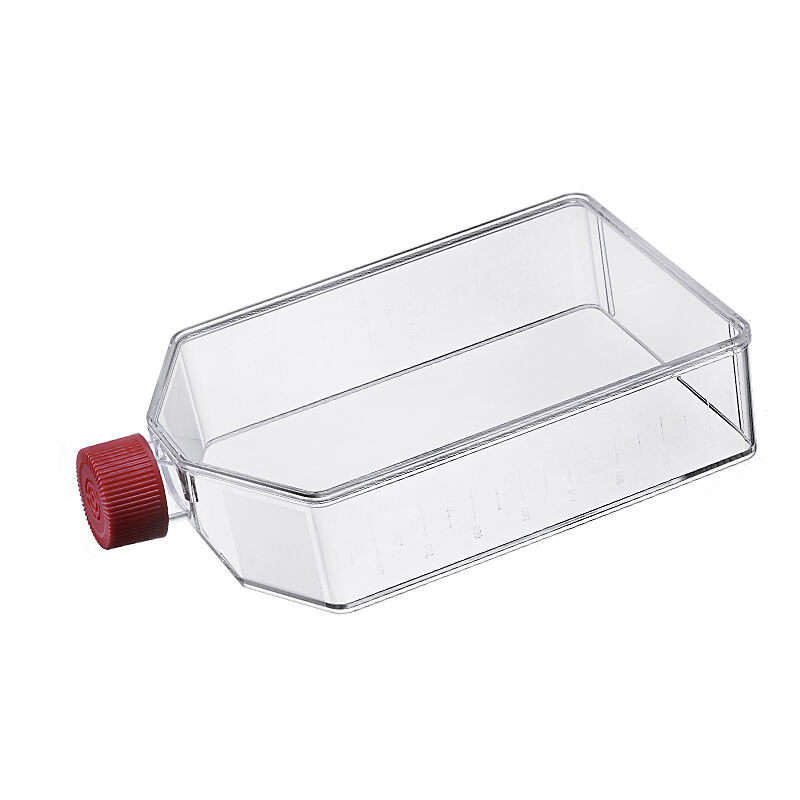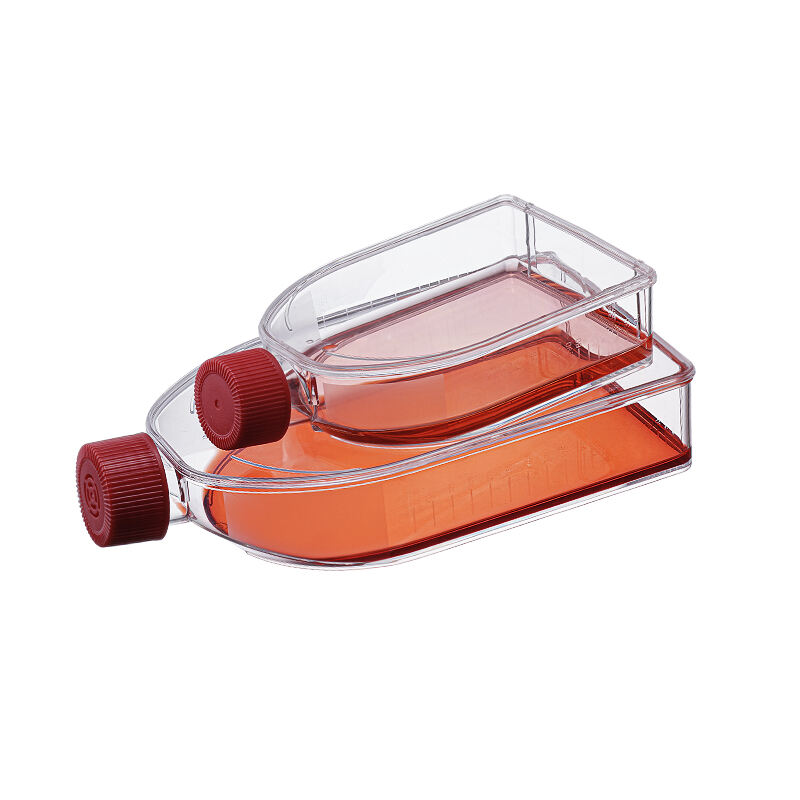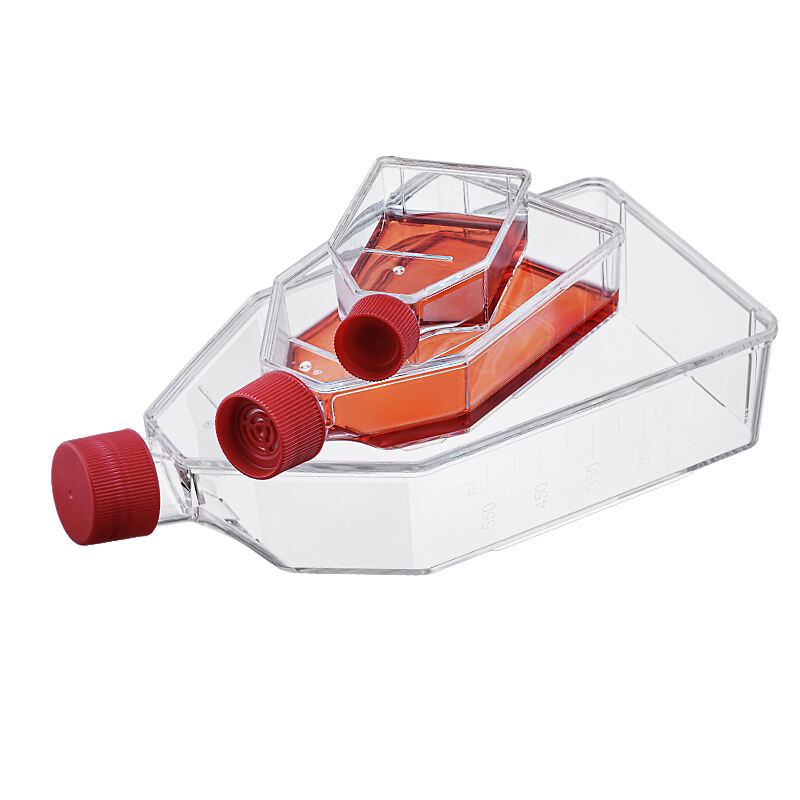Cell culture flasks are indispensable in biological research. Scientists use these specialized containers to grow cells in the lab. In this article we explore the key factors about using cell culture flasks so that you can know more.
A cell culture flask... better not to get started - a vital instrument when it comes to growing cells in the lab. The process involves initial steps such sterilizing the flask by extremely strict measures to avoid contamination of bacteria or any harmful organisms which may endanger these cells. Next, the scientist supplies nutrients to the flask - Casting fertile soil into a field of (extremely few) seeds.
So scientists must be more take care of them so the cells find their home in well manner within that flask. It includes keeping the right temperature for cells, and causing as little disturbance to flask as possible. Checking occasionally is very important to have an idea how your cells are working lately.

Since cell culture flasks were developed, it has been advanced significantly in recent years to bring the biological research field forward. Scientists are always working to optimize cell growth for the lab. Advances in technology have resulted in the design of customized flasks catering to encourage best cell growth.
Image: A common technological innovation consists of the incorporation of a specialized coating on cell culture flask surfaces. Such a novel coating improves cell adhesion to the flask and results in better growth of cells. The stackable flask was also invented which really changed the game in laboratory space utilization, leading to solutions on how we can squeeze even more efficiency out of our system.

Professor Holmes takes us through the ins and outs of one area, scientific experimentation - specifically working with cell culture flasks for much needed new drug or treatment testing. These provide a controlled environment that is ideal for the growth and manipulation of cells, greatly simplifying experiments.
Cell culture flasks are versatile tools that allow scientists to test several drugs or treatments at the same time, which allows for easy comparison among them so they can be aware of what works most effectively. This integrated approach allows research to be faster and more efficient, ensuring that the appropriate treatments are identified rapidly.
Making the Most of It - How to Take Care and Respect Your Cells
This means that getting the best cell yield out of a culture flask demands conscientious execution of care and maintenance tasks. The upholding of stringent protocols, by the scientists is vital to establish cells that are biologically sound within their flask environment. These involve ensuring temperature behaviour, regular access to nutrients and prevention of litter infections.
Contaminated flasks result in dead cells, and growth potential is hampered if these cell lines are not regularly monitored. However, by following strict sterilization protocols and using non-contaminated nutrients this risk is minimized so that we can get the maximum number of cells.

Cell culture flasks are advantageous for many biological research pursuits. These types of instruments allow scientists to perform more clinical experiments, meaning that they are able to test a lot of different treatments or interventions. Nevertheless, it is very important to understand the limitations associated with cell culture flasks per se such as their capacity constraints and they not being able to reproduce the body's complex physiological environment.
Cell culture flask is a very basic product used in biological research, and scientists could perform more complex experiments or detection with the help of it. Through ensuring that these flasks are treated with the utmost care and monitored on a regular basis, researchers can maximize cell yield as they continue to pursue novel methods during attempts of increasing cell growth.
cell culture flaskhigh-quality raw materials installing advanced equipment ensure stability in quality. CellPro has more than 100 completely automatic production lines, FANUC, ARBURG, ENGEL, TOYO other brand imported injection equipment ensure production capacity quality.
products have been cell culture flask accordance with ISO9001, ISO14001, ISO13485 quality management systems CE FDA standards.
laboratory a professional one lab, cell culture laboratory microbiology laboratory robot tips verification laboratory and more., which can cell culture flaskone-stop biological test performanceintegrated research development reagents, consumables, instruments.
High Precision Molding R D Center is capable completing all phases of product design as well as mold cell culture flaskmanufacturing, precise processing, mold design process customization, biological verification, in addition scale production.